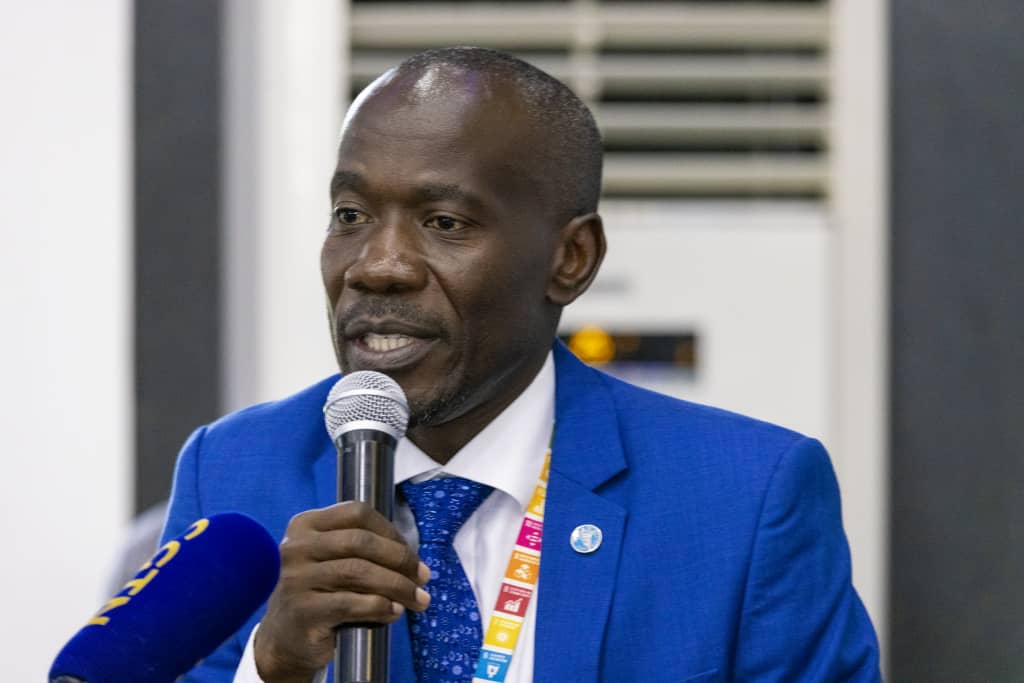
By Debora Akur Chol, South Sudan
United Nations agencies have issued a stark warning that residents in two counties of South Sudan are at heightened risk of famine in the upcoming months.
This alarming situation is largely attributed to escalating conflict in Upper Nile State, which has resulted in the destruction of homes, disruption of livelihoods, and significant obstacles to the delivery of essential humanitarian aid.
A joint report from the World Food Programme (WFP), the United Nations Children’s Fund (UNICEF), and the Food and Agriculture Organization (FAO) reveals a troubling decline in food security and nutrition in regions plagued by conflict, based on new findings from the Integrated Food Security Phase Classification (IPC).
Meshack Malo, FAO Country Representative in South Sudan, emphasized the catastrophic consequences of renewed violence on already vulnerable communities.
“South Sudan cannot afford to descend further into conflict at this critical juncture,” Malo remarked.
“Such turmoil will deepen existing food insecurity, pushing communities into severe hunger as farmers are obstructed from tending to their land,” he added.
He further highlighted the severe constraints on humanitarian access in conflict-affected areas, particularly during the lean season when aid is most crucial.
According to the report, a staggering 66% of Upper Nile State’s population, amounting to approximately 1.04 million people, are facing varying degrees of hunger ranging from Crisis (IPC Phase 3) to Emergency (IPC Phase 4) and even Catastrophic (IPC Phase 5) levels.
WFP Country Director Mary-Ellen McGroarty expressed profound concern over the increasingly dire situation, underscoring the long-lasting impact of ongoing conflict. “Conflict not only annihilates homes and livelihoods,” she stated, “it fractures communities, disrupts market access, and drives food prices higher.” She emphasized, “While long-term peace is crucial, our teams urgently require safe access to deliver food and avert famine.”
UNICEF Country Representative Noala Skinner raised alarms about the critical rise in malnutrition rates among children and mothers, a situation worsened by a cholera outbreak in Upper Nile and Unity States. “The number of children facing acute malnutrition risk in South Sudan has surged to 2.3 million, up from 2.1 million earlier this year,” Skinner revealed, adding that this includes an additional 200,000 young children at particularly high risk.
The ongoing insecurity, closure of critical sites, and the prevalence of disease outbreaks are significantly hindering timely treatment and life-saving interventions, leaving countless young lives hanging in the balance.
categories
recent posts

MALAWI: Mzuzu Man Arrested For Allegedly Burning Ras Church And House

NIGERIA: 19-Year-Old Suspected Kidnapper Arrested For Killing Victim In Anambra


NIGERIA: Presidency Denies Awarding Aisha Yesufu National Honour Amid Viral Fake List

